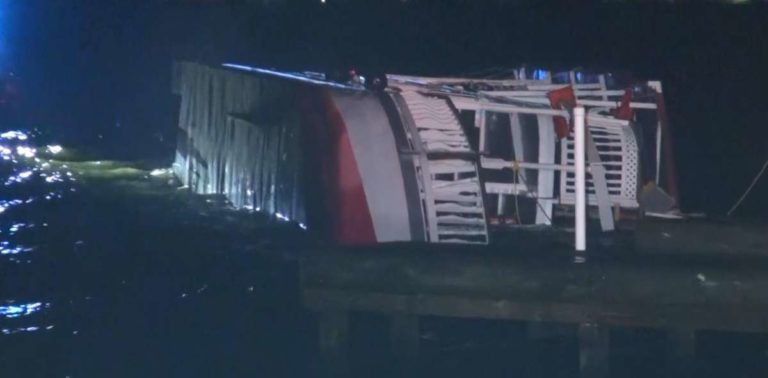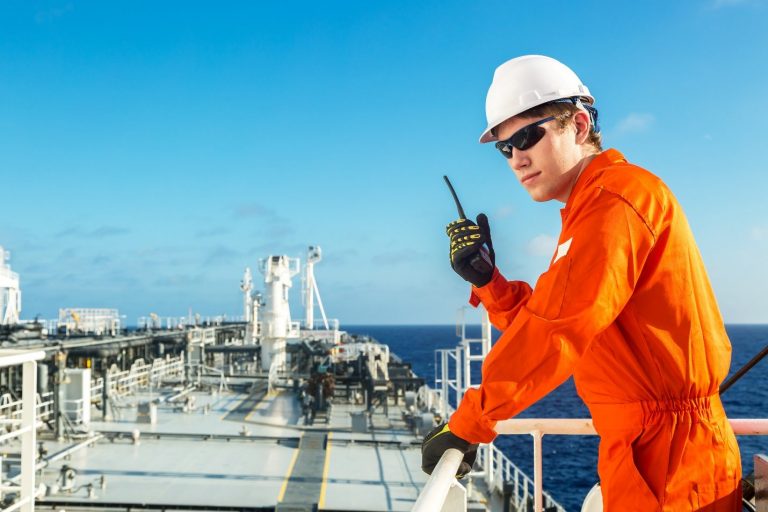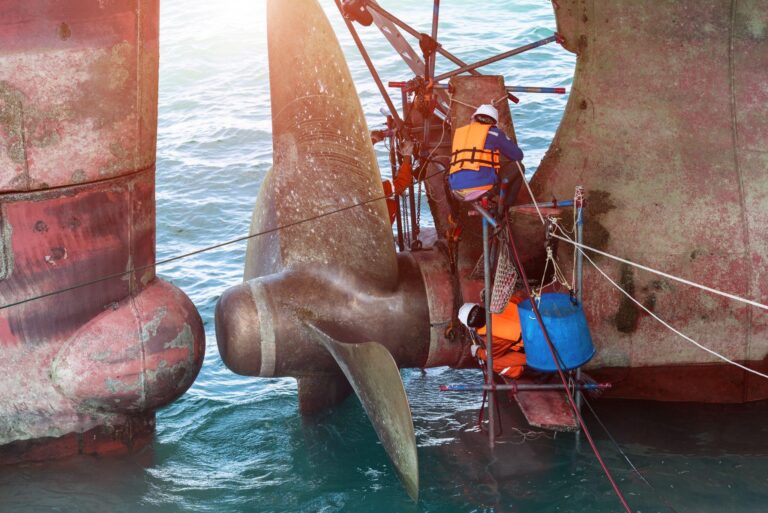The Outer Continental Shelf Lands Act (OCSLA) was created in 1953 to extend certain protections to offshore lands within a distance of three miles. The OCSLA was created to help protect seamen’s rights to bring admiralty and maritime law cases for accidents resulting in personal injuries that occurred on the Outer Continental Shelf (OCS).
The Secretary of the Interior has the responsibility to administer and oversee any oil, gas, mineral, or other land development or research under the OCSLA. The Secretary of the Interior has the authority to contract projects using a process of sealed bids.
What Does the OCSLA Cover?
The OCSLA provides a basic framework to establish the procedures and policies for managing OCS resources, exploration, research, and other such projects that would benefit the economic and energy policies of the United States.
The OCSLA also helps develop, protect, and preserve natural gas and oil resources. Furthermore, it encourages developing improved and new technologies to help reduce the risks of damaging the environment.
There are specific sections of the act that deal with clean water, endangered species, environmental issues, and other such matters. For instance, one of the more recent updates established an oil spill liability fund in the event of a natural disaster. In another update, a portion of the proceeds earned from leasing OCS mineral resources is allocated for coastal states.
Who Is Potentially Liable When There Are Violations?

When there are violations to the OCSLA, the process following will depend on what type of violation, the parties involved, and other such factors. The question of potential liability may also be affected by other maritime laws and acts like the Longshore and Harbor Workers’ Compensation Act.
Part of the wording of the OCSLA refers to the term “you” and is defined in section 30 CFR 250.105 of the act. While the act clearly defines the term, it leaves some ambiguity as to whether contractors, service providers, or subcontractors are potentially liable when violations occur.
For instance, in a recent case from 2017, the Fifth Circuit Court upheld the lower court’s finding that none of the regulations in the OCSLA applied to contractors in criminal proceedings, even though there was an accident that killed three workers and injured others. The Court concluded it was a civil matter, not a criminal one.1
As such, when it comes to being injured while on the job and working on the OCS, it is best to contact an experienced maritime lawyer to find out your legal rights and options at Maintenance and Cure, part of the law firm of Schechter, Shaffer & Harris, L.L.P. Call 800-836-5830 to speak to a lawyer today!
Source:
http://www.ca5.uscourts.gov/opinions/pub/16/16-30561-CR0.pdf







